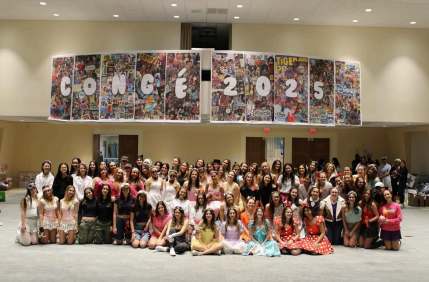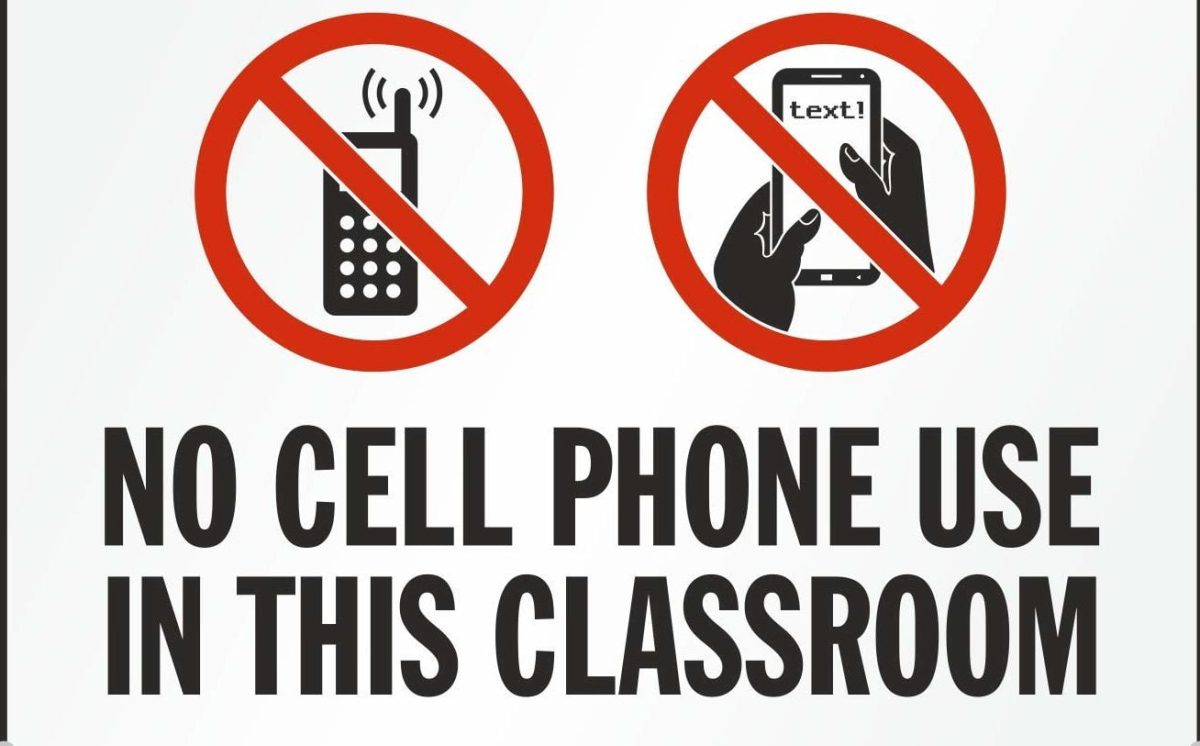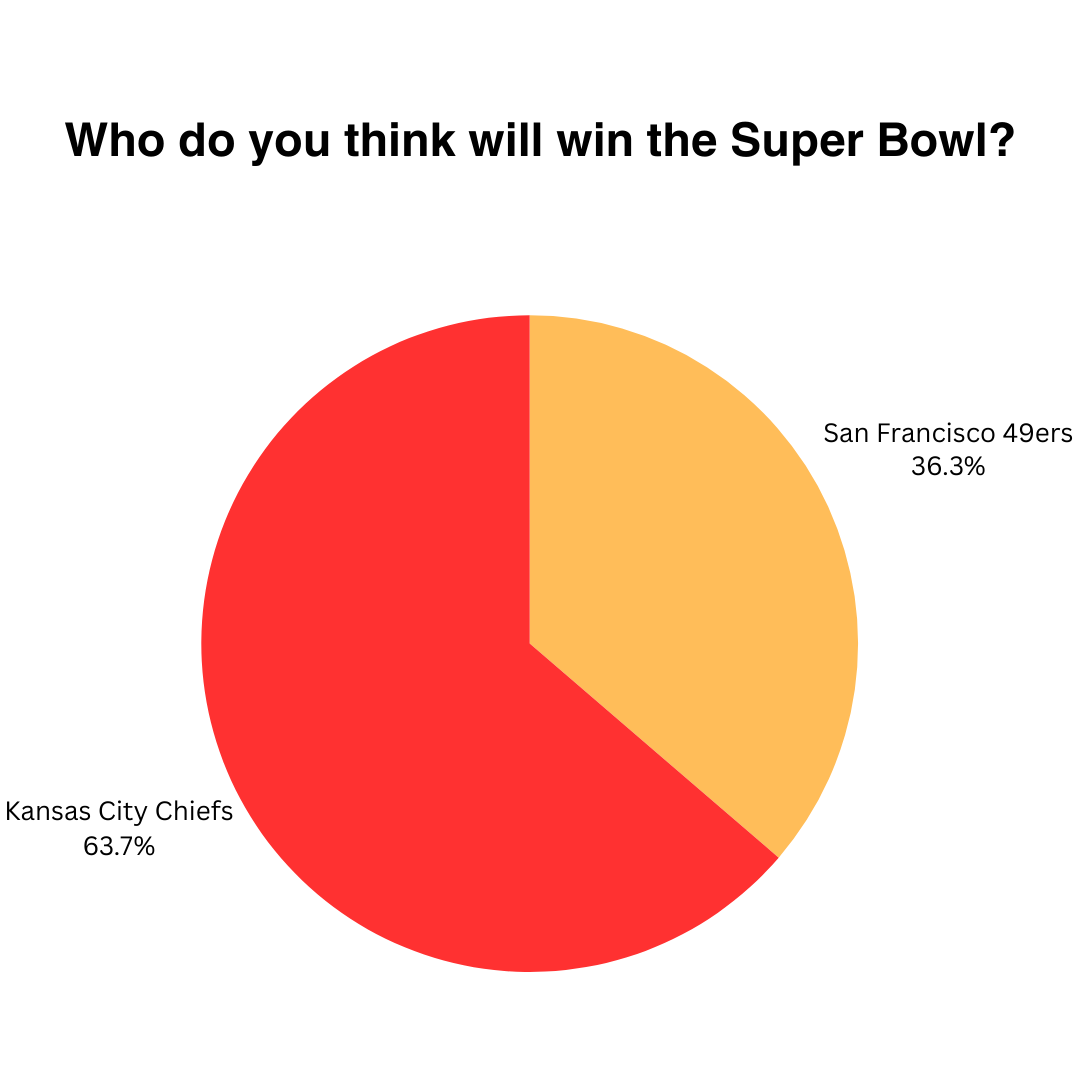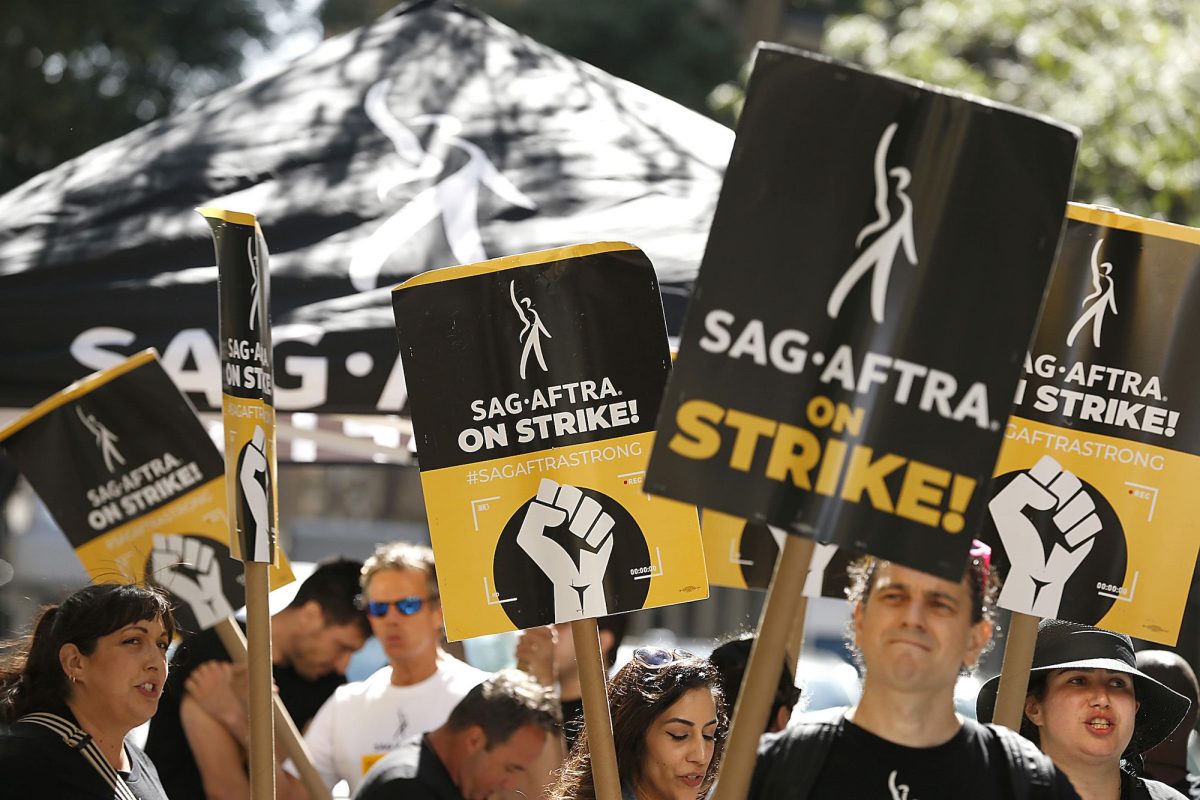Anyone who pays attention to the entertainment industry has probably heard of the SAG-AFTRA (Screen Actors Guild) strike.
SAG-AFTRA is a labor union that represents and protects the rights of performers of various kinds, including motion-picture actors, journalists, recording artists, and many more. Their mission is to ensure the security of media artists across America.
This strike, which began in July of 2023, was a call for better working conditions and pay in the movie and TV industry, especially regarding the compensation that actors received for their work’s success.
The strike was backed by thousands of actors, screenwriters, filmmakers, radio personalities, producers, and even members of the public. It was ultimately successful, and contracts were made to respect the members’ requests.
SAG-AFTRA received considerable media attention. But what about the strikes that don’t experience the same sort of coverage?
Across multiple countries in Europe, many citizens feel the effects of strikes in their everyday lives. On December 20th, 2023, doctors in England began a 72-hour strike to protest their income. The government has recently granted the doctors some raise in wages, but it still has not agreed to meet all of their demands.
Earlier that same month German train drivers held a 24-hour strike to speak out against their current contracts. The government has offered an 11% raise, but an agreement has yet to be reached.
Three months ago, Iberia, a Spanish airline, had multiple strikes. Airline staff members across the company held a 4-day strike in early January, and tens of thousands of people weren’t able to fly to their destinations over the break.
Despite the situation’s major impact on Iberia and its passengers, the company has refused to change workers’ salaries and benefits and declared the strike unjustifiable.
In these recent situations, workers’ demands were not met completely, and even their widespread protests could not sway the company’s policies.
These strikes all occurred because the workers believed that their pay was unfair, but strikes can also happen because of mistreatment in the workplace.
Labor Unions are usually the groups behind strikes and have been present in the U.S. for over 200 years. These organizations have representatives who negotiate with their employers in a process called “collective bargaining.”
When looking back at the country’s history, it is clear that strikes are not a new idea. Strikes became prominent in the U.S. around the time of the Industrial Revolution, as more people began to work for employers.
Some of the most notable protests at the time were the Homestead Mill Steel Strike and the Great Railroad Strike of 1877. These movements were revolutionary, and for the first time, ideas of relationships between workers and executives were questioned and explored, as well as ideas about workers’ well-being.
Today strikes help workers globally and have improved living conditions in almost every field. They have given workers the right to ask for higher paychecks, gain seniority privileges, and have given them a voice in their respective fields.
Even strikes that seem ineffective create an attitude of change in their communities. The workers are expressing their struggles by striking, and they may inspire citizens to advocate for them.






































